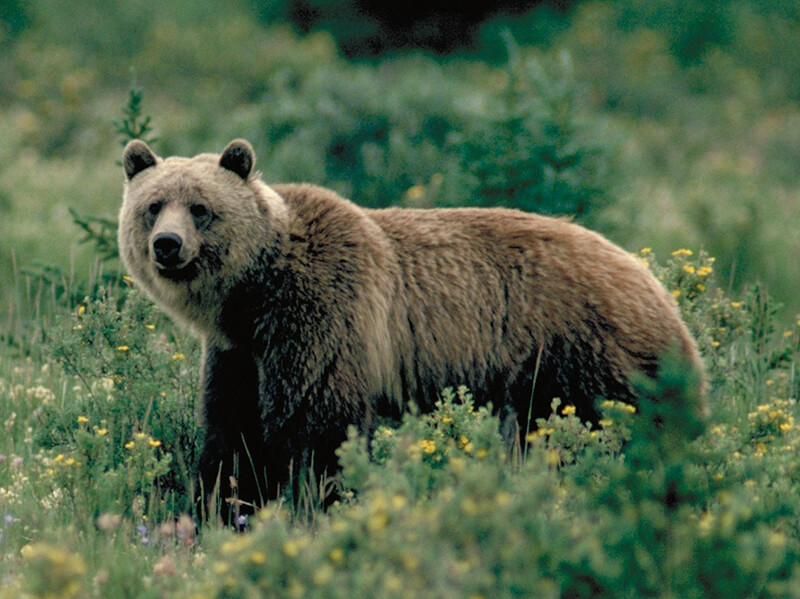
Abstract
High-resolution Y-chromosomal markers have been applied to humans and other primates to study population genetics, migration, social structures and reproduction. Y-linked markers allow the direct assessment of the genetic structure and gene flow of uniquely male inherited lineages and may also be useful for wildlife conservation and forensics, but have so far been available only for few wild species. Thus, we have developed two multiplex PCR reactions encompassing nine Y-STR markers identified from the brown bear (Ursus arctos) and tested them on hair, fecal and tissue samples. The multiplex PCR approach was optimized and analyzed for species specificity, sensitivity and stutter-peak ratios. The nine Y-STRs also showed specific STR-fragments for male black bears and male polar bears, while none of the nine markers produced any PCR products when using DNA from female bears or males from 12 other mammals. The multiplex PCR approach in two PCR reactions could be amplified with as low as 0.2 ng template input. Precision was high in DNA templates from hairs, fecal scats and tissues, with standard deviations less than 0.14 and median stutter ratios from 0.04 to 0.63. Among the eight di- and one tetra-nucleotide repeat markers, we detected simple repeat structures in seven of the nine markers with 9 to 25 repeat units. Allelic variation was found for eight of the nine Y-STRs, with 2 to 9 alleles for each marker and a total of 36 alleles among 453 male brown bears sampled mainly from Northern Europe. We conclude that the multiplex PCR approach with these nine Y-STRs would provide male bear Y-chromosomal specificity and evidence suited for samples from conservation and wildlife forensics.
Access the full paper here (with subscription)
Citation
Aarnes, S. G., Hagen, S., Andreassen, R., Schregel, J., Knappskog, P., Hailer, F., Stenhouse, G., Janke, A., Eiken, H. G. (2015) Y-chromosomal testing of brown bears (Ursus arctos): Validation of a multiplex PCR-approach for nine STRs suitable for fecal and hair samples. Forensic Science International: Genetics. (19) pp. 197-204.






